In many industries, maintaining a controlled climate for the transport or storage of goods is an essential component of the job.
For animal in vitro fertilisation (IVF), a 1 °C change in temperature can mean the difference between success and failure, the latter of which can cost research laboratories hundreds of hours of work and thousands of dollars. It's important to utilise temperature monitoring instruments throughout the process in a bid to optimise conditions.
What the numbers say
It's generally agreed upon by industry experts that 37 °C is the standard temperature for which to perform embryo incubation and culture in animals and humans. But, in an effort to improve results, researchers conducted a study that sought to understand if the physiological temperature in ovaries and fallopian tubes, which are closer to 36 °C, are the better environment.
The joint study completed by scientists from both the Rutgers Robert Wood Johnson medical school and the Reproductive Medicine Associates of New Jersey, noted that a previous test in 2008 gave precedence that the 1 °C drop in temperature supported a 19 per cent improvement in pregnancy rates. But after trying to replicate the findings, researchers found that 37 °C supported a higher rate of usable blastocyst formation per zygote.
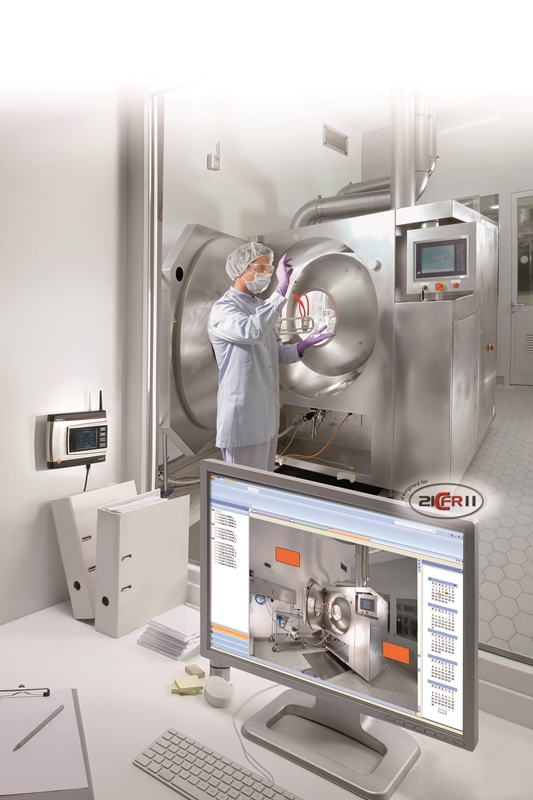
Despite the seemingly negligible difference in temperature, the success rate fell 7.2 per cent – from 48.4 per cent at 37 °C to 41.2 per cent at 36 °C.
The need for precise temperature monitoring
While research laboratories are held to strict compliance and are meticulously cared for, there's always a chance the unexpected happens. A random power or equipment failure, – or a simple mistake – could jeopardise an animal IVF facility's performance and reputation.
Given the tools scientists have at their disposal for performing their job, it only makes sense they receive the same reliability and innovation to protect their work as well. It's important animal IVF laboratories take precautionary steps to preserve the ideal conditions for embryo culture and incubation by utilising temperature monitoring tools like the testo Saveris.
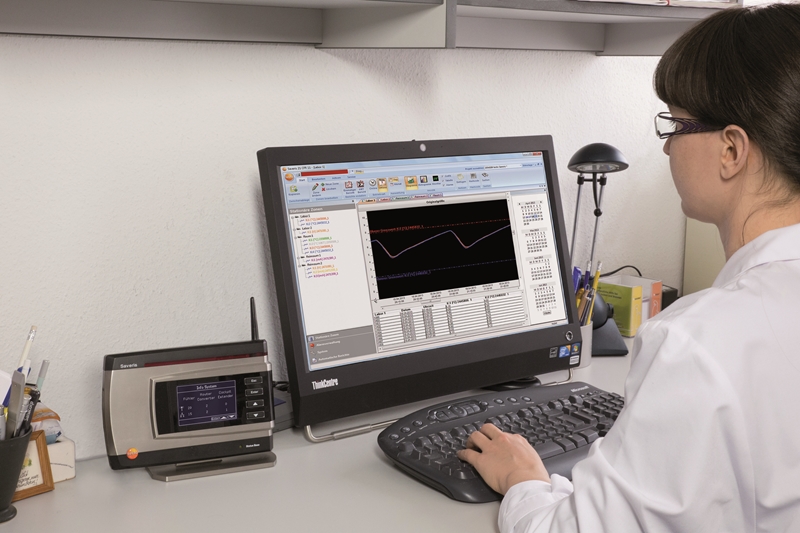
The wireless monitoring system measures and stores the ambient temperature every 15 minutes, while also sounding an alarm and sending an alert to a pre-designated phone number or email address. The built-in emergency battery ensures that even in the case of a power outage, the appropriate staff is alerted to any potential danger.
With the study proving that even a minor dip in temperature can devastate success rates, it's important researchers deploy the most accurate and reliable measuring instruments to safeguard their work. Contact a Testo representative today to learn more.



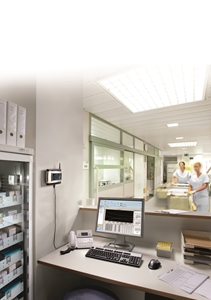


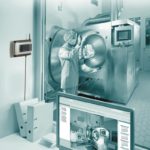
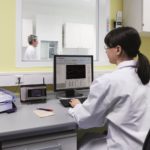

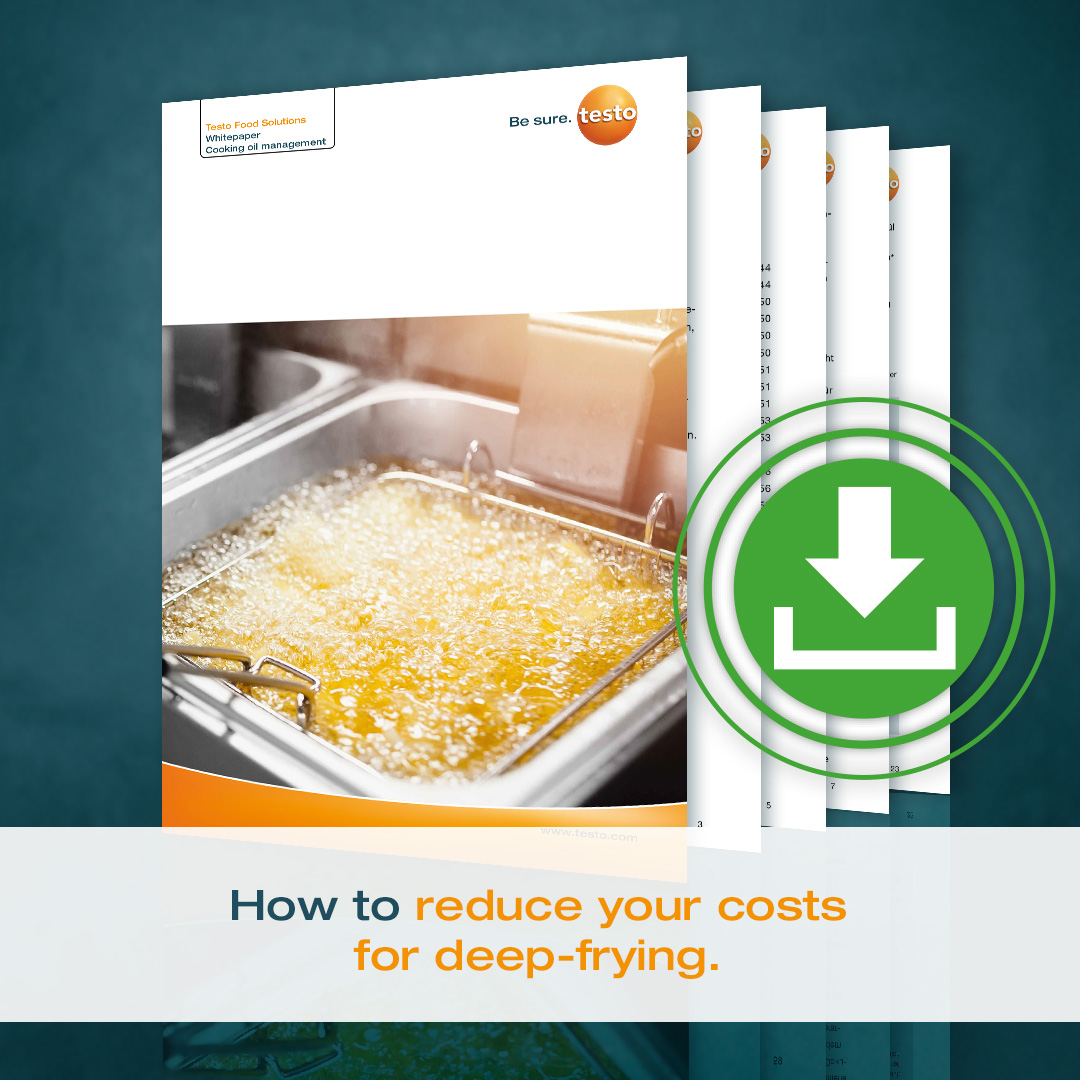 Reduce cooking oil costs while ensuring quality
Reduce cooking oil costs while ensuring quality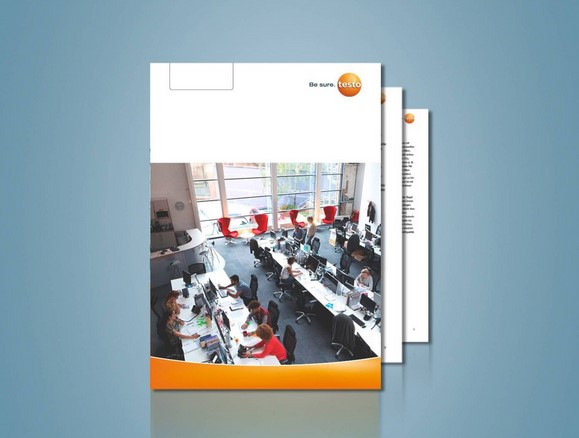 Expert knowledge on CO2 monitoring
Expert knowledge on CO2 monitoring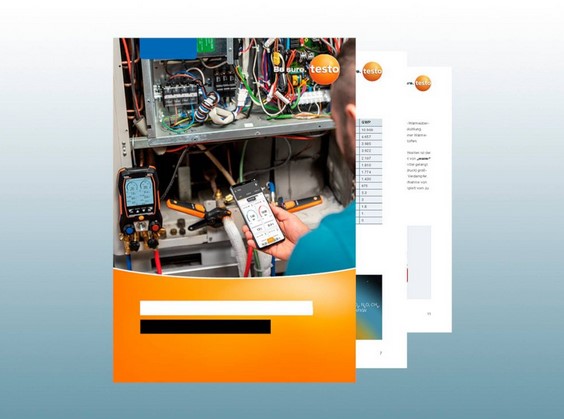 Refrigeration knowledge - in 3 modules
Refrigeration knowledge - in 3 modules



